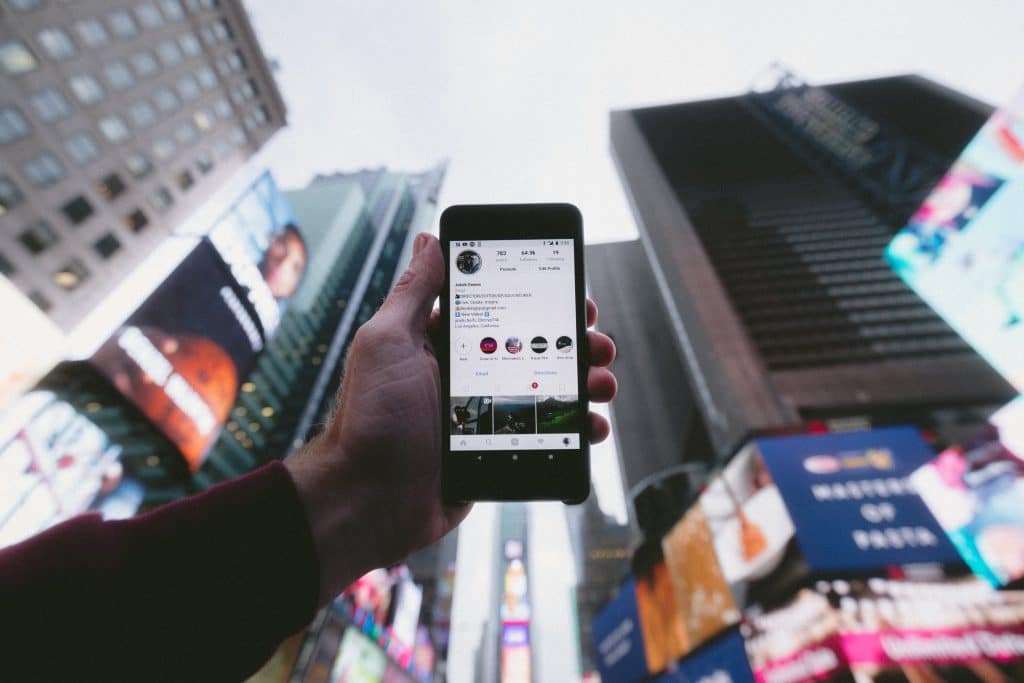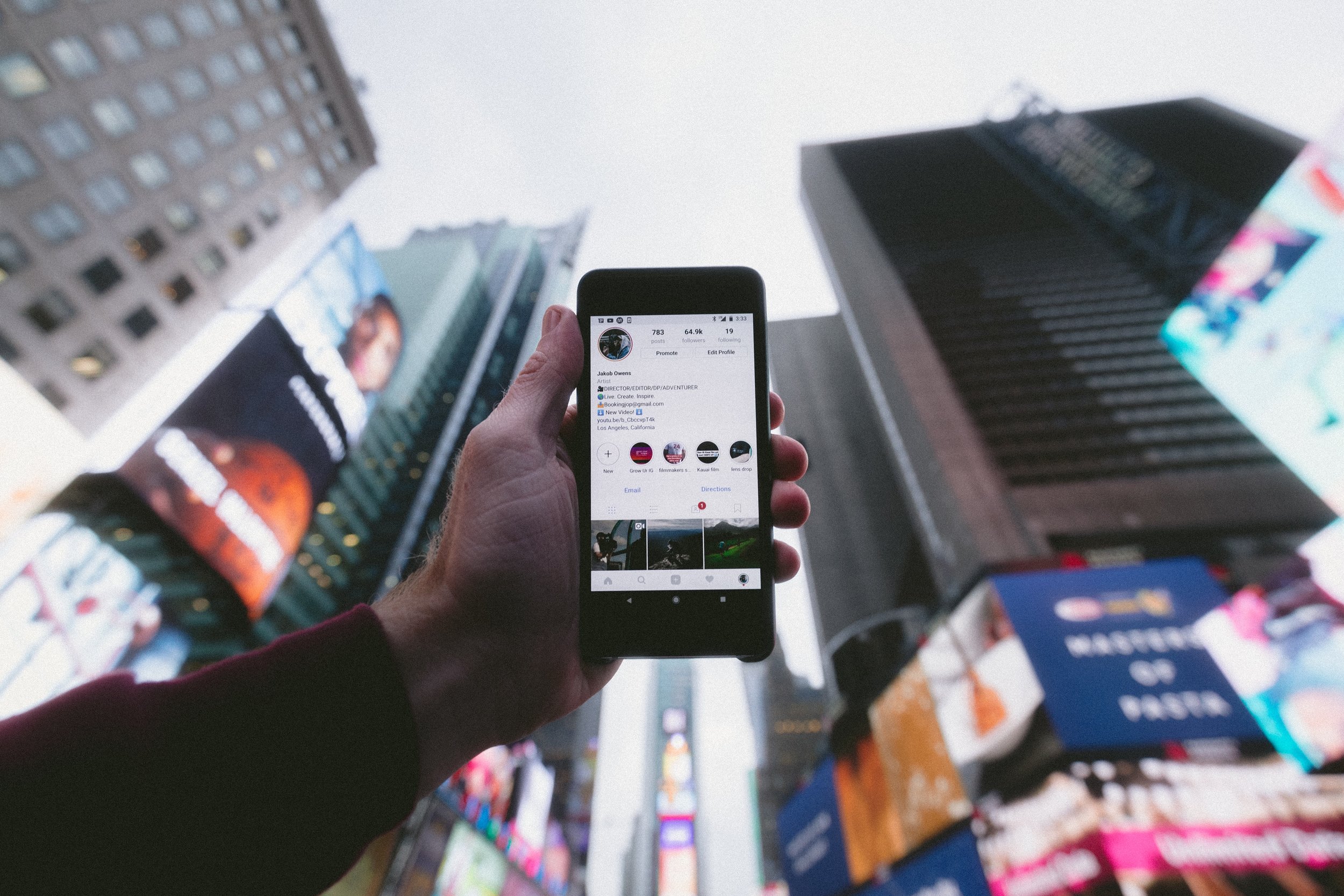
Opinion: is social media helpful or harmful?
Rebecca Holmes, Entertainment Editor
Picture courtesy of unsplash.com
Social media’s growing popularity has brought up the question of is it helpful or hurtful? I know many people are either strongly in favor or strongly opposed when it comes to the topic of social media, but I’d rather take a different approach. I’d like to take an approach that is more middle of the road.
Social media has revolutionized the way we view ourselves, the way we see others and the way we interact with the world around us. While social media has many positive implications, including promoting awareness of specific causes, advertising businesses and helping foster friendships between individuals who may have never met without social networking, the over-usage of social media networks can also lead to negative implications.
The overuse of social media is a global problem that is impacting all generations.
Three positive implications of social media are advertising, networking and self-expression.
From an advertising perspective, social media offers a great outlet for charities, businesses, and individuals to promote themselves. Social media can be used as an outlet for global organizations to bring awareness to the causes they support and spread positive news that traditional media often doesn’t cover. These networks have also helped foster relationships and connect people around the world.
Social media also allows for self-expression and can serve as a creative outlet for individuals to express themselves, share their artwork and share their voice on specific topics. Being able to express yourself in a healthy way is a crucial part of the human experience. This particular thing can be very helpful to young adults.
While social media has greatly benefited society, too much of a good thing will always lead to negative effects.
Three negative implications of social media are technology addiction, heightened anxiety and depression and an unhealthy amount of comparison.
Heavy technology usage often leads to addiction, especially in teens and young adults. However, this addiction is no longer limited to the millennial generation. More and more adults from older generations are starting to utilize social networks to stay connected with their friends and families. This leads to countless hours spent on social media. Social media then acts as the number one distraction from life.
Along with the struggle to remain attentive, many who overuse social media exhibit heightened symptoms of anxiety, depression and obsessive-compulsive disorder. These symptoms are triggered by the overuse of social media because individuals become constantly concerned about their posts and communication with others.
Social media also causes many young adults to have an extremely heightened sense of comparison. Those who overuse social media compare themselves to others and envy a life that most often times isn’t reality. Basically, it causes young adults to compare their behind the scenes footage with someone else’s highlight reel.
Social media has impacted our lives for better and worse, but it’s up to us to decide how we view social media and what role we allow it to play in our lives.
Social media should only be used as a tool, not as a scale to determine our self-worth.
Whether you agree with social media or not, social media can only have the power that it’s given.

